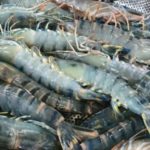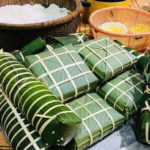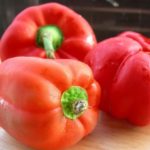Seeds and Nuts: Are They as Healthy as You Think?
Pumpkin Seeds
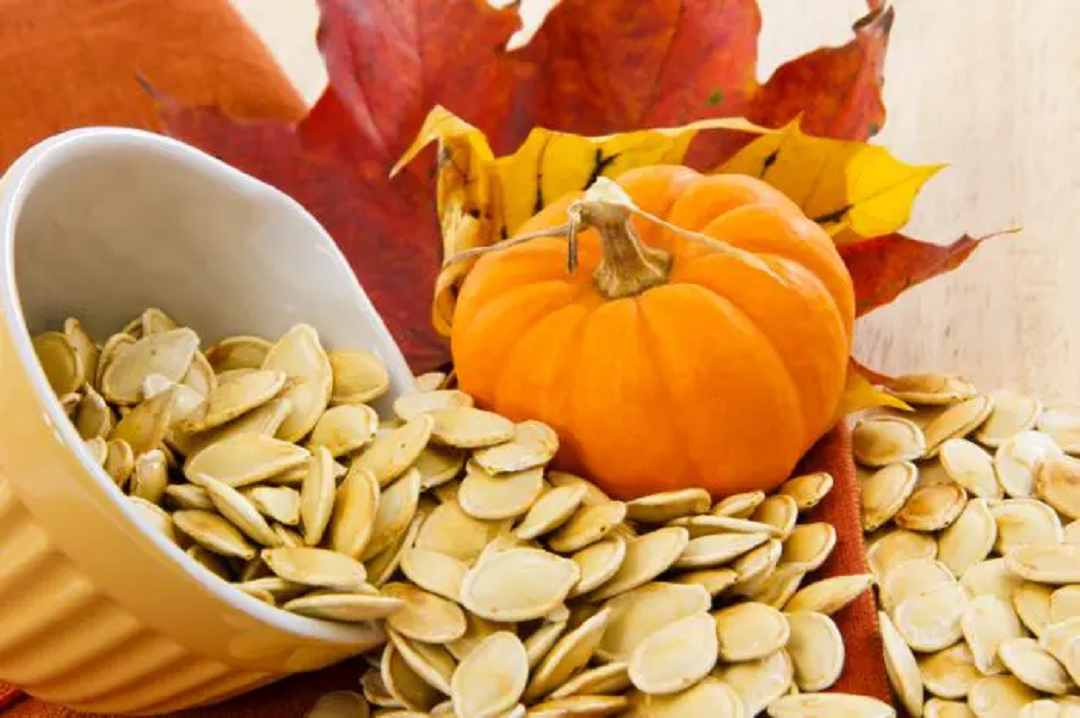
Pumpkin seeds can be eaten raw, but it’s important to choose fresh, mold-free seeds to protect your health. Illustrative image.
Pumpkin seeds are a familiar and nutritious option, making them a popular choice for many.
A single serving (approximately 15g/ 1 tablespoon) of pumpkin seeds provides:
Fiber: 1.5g
Carbohydrates: 2.10g
Protein: 3.70g
Fat: 6.80g
Sugar: 0.20g
Vitamin K: 18% RDI (Reference Daily Intake)
Zinc: 23% RDI
Magnesium: 37% RDI
Iron: 23% RDI
Copper: 19% RDI
Manganese: 42% RDI
Phosphorus: 33% RDI
In addition to boosting the immune system and preventing cancer due to its rich content of antioxidants, carotenoids, omega-3 fatty acids, and zinc, pumpkin seeds are also a great source of nutrition. However, food experts caution that these seeds are prone to being treated with anti-mold chemicals during production, which can lead to toxic buildup in the body and cause damage to vital organs like the liver and kidneys if consumed over time. To minimize the risk of toxicity, it is recommended that consumers purchase raw seeds, rinse them thoroughly with water, and then roast them before consumption.
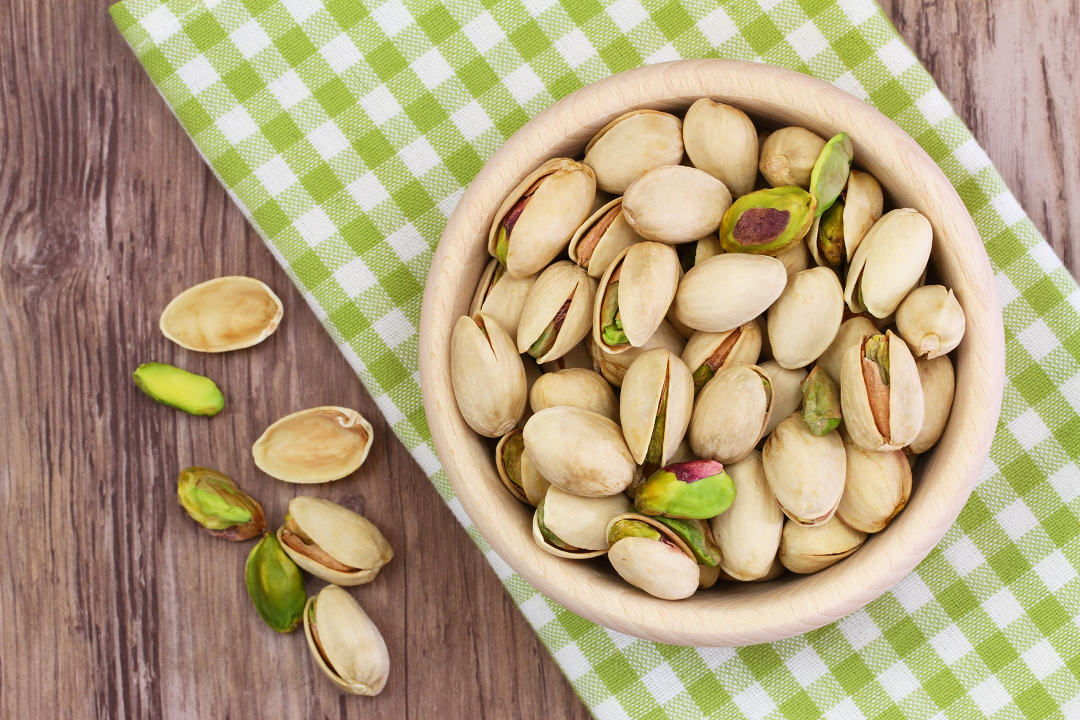
Sunflower seeds are a popular snack in Vietnam, commonly known as “ho tran” or “happiness fruit.” They are a favorite during the Tet holiday due to their delicious flavor and nutritional benefits, including high levels of vitamin C, calcium, iron, magnesium, phosphorus, manganese, copper, zinc, and potassium. Sunflower seeds are believed to help combat physical fatigue and are especially effective in preventing overeating after the traditional Tet feast.
These tasty seeds can be quite expensive, especially during the Tet holiday, with prices ranging from 280,000 to 350,000 VND per kilogram, and even higher for imported varieties from Thailand, Indonesia, and other countries.
According to food technology experts, to meet consumer preferences for visually appealing products, manufacturers often use bleaching agents to whiten the seed shells. The use of chlorine, a powerful disinfectant and bleaching agent found in sanitizers and Agent Orange, is extremely dangerous as it can seep into the seeds during the bleaching process. Regular consumption of chlorine-treated seeds can lead to a buildup of toxins in the body, increasing the risk of liver cancer if the liver is unable to filter them out.
The whiter the sunflower seed, the more likely it has been treated with chemicals. A slightly yellowish tint indicates less chemical treatment and is safer for consumption. Consumers should carefully examine the origin, ingredients, and instructions on the product packaging to make an informed choice.
Consuming these treated seeds can cause adverse effects on the digestive system, such as nausea, abdominal pain, and diarrhea. Additionally, they can impact the cardiovascular system, leading to decreased blood pressure.
Furthermore, the chemicals can damage the nervous system, causing seizures, fainting, and even coma. In case of mild symptoms, basic first aid can be administered, but for more severe cases, it is crucial to seek medical attention at the nearest healthcare facility.
Tips for Storing Seeds and Nuts to Maintain Freshness and Prevent Mold
Seeds and nuts are susceptible to mold, particularly the green mold that produces Alfatoxin, a toxin responsible for food poisoning symptoms such as diarrhea and vomiting. Improper storage and excessive consumption of chemically treated seeds and nuts can lead to health issues over time. To maintain the quality and freshness of these products, consider the following storage tips:
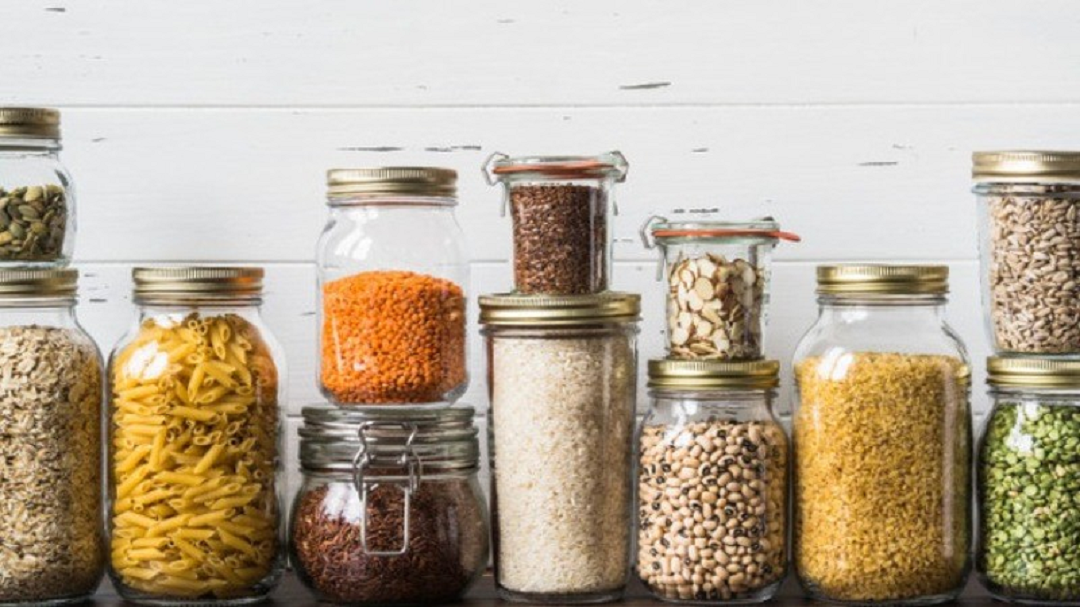
Storing seeds and nuts in airtight containers, such as glass jars, is recommended to maintain crispness and freshness while preventing mold.
– Airtight Storage: Use airtight containers, such as glass jars or plastic containers, to store seeds and nuts during the Tet holiday. This not only preserves their quality but also adds a touch of elegance to your food presentation.
– Re-roasting: If you notice that your seeds or nuts are becoming soft, don’t panic. Simply place them in a non-stick pan over medium heat to re-roast them. Once they appear dry, turn off the heat and allow them to cool to room temperature before storing them in containers, jars, or plastic bags.
– Moisture Absorption: Using moisture-absorbing packets (specifically designed for food) can help keep your seeds and nuts crisp during storage.
– Vacuum Sealing and Plastic Bags: Using food-grade plastic bags or vacuum sealing machines to store seeds and nuts is a convenient option to maintain their freshness during the Tet holiday.
– Mold Removal: If you spot any signs of mold on your seeds or nuts, discard them immediately to prevent food poisoning and reduce the risk of cancer associated with long-term consumption of moldy food products.
– Dry and Cool Storage: In addition to airtight containers, it is essential to store seeds and nuts in a cool, dry place, away from direct sunlight.
– Avoid Refrigeration: Storing seeds and nuts in the refrigerator is not recommended as the moisture from other foods can cause them to become soft and more prone to mold.
Golden Tips for Choosing Safe and Delicious Food
– Opt for reputable and trusted brands that offer products with clear origins and labels, allowing for traceability and quality assurance.
– Select vegetables and fruits that are intact, with no scratches, bruises, or signs of damage.
– Be wary of any unusual substances on the surface of the produce, such as white residue, which may indicate the presence of pesticide residues. The produce should also be free from strange odors, except for its natural fragrance.
According to Nguoiduatin
8 Common Mistakes People Make with Cutting Boards
Are you using your cutting board correctly? Many Vietnamese households rely on cutting boards in their kitchen, but not everyone knows how to use them properly, especially when it comes to wooden cutting boards. Check out these 8 mistakes to avoid when using a cutting board to ensure both hygiene and safety for everyone in your family.
Cancer?’>Is Refrigerated Leftovers Linked to an Increased Risk of Cancer?
Dr. Lam Van Man, Head of Research, Development and Technology Transfer Department of the Institute of Safety Food, has warned of the risk of food poisoning when reheating leftovers from the refrigerator. But what should we be aware of when it comes to the possibility of these leftovers causing cancer? Here, we explore what the experts have to say on the matter and offer some tips for safe eating.
Preserving Leftover Food from the Tet Holiday
With the beginning of the Lunar New Year, many households are stocking up on food to celebrate the festive occasion. While keeping food in the refrigerator is convenient, it can also be harmful to users if not done correctly. We have compiled a few tips to help ensure food remains fresh and safe to consume during Tet.

























